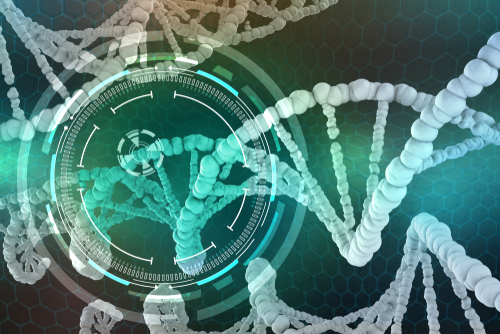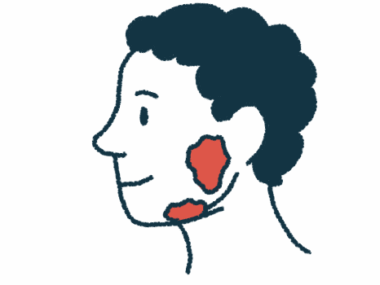Chinese Researchers Link Genetic Mutation to Rare Form of Cushing’s Syndrome in 2 Families
Written by |

Researchers studying two Chinese families affected by a rare form of Cushing’s syndrome found that two mutations affecting the ARMC5 gene — which had not been described to date — caused the disorder.
Their study, “Whole-genome sequencing revealed armadillo repeat containing 5 (ARMC5) mutation in a Chinese family with ACTH-independent macronodular adrenal hyperplasia,” appeared in the Endocrine Journal.
ACTH-independent macronodular adrenal hyperplasia (AIMAH) is a rare type of Cushing’s syndrome associated with bilateral enlargement of the adrenal glands and increased cortisol levels.
The disease usually occurs between the age of 50 and 60. Its symptoms includes moon face, skin thinning and buffalo hump. AIMAH can be surgically treated by removing both adrenal glands, followed by replacement therapy with prednisone.
In 44 to 55 percent of AIMAH patients, the abnormal proliferation of adrenal cells is caused by mutations in the armadillo repeat containing 5 (ARMC5) gene. Such mutations have been linked to a more severe presentation of Cushing’s syndrome. This suggests that ARMC5 functions as a tumor suppressor gene, controlling the growth and proliferation of cells.
“The bilateral nature of AIMAH strongly suggests the involvement of genetic factors for disease development,” said researchers at Beijing’s PLA Army General Hospital, who conducted a whole genome sequencing analysis.
Looking for shared rare variants among three patients from one family, the team found two mutations in the ARMC5 gene, which they identified as R315W and R654X. These mutations were also shared with two individuals of the second family.
Among family members without signs of AIMAH, some were carriers of one of the two mutations. That led the team to believe that patients must have the two mutations at the same time for the disease to develop.
This multiple mutation pattern had already been proposed in previous reports, and further supports the key role of ARMC5 in adrenal cell transformation.
“The novel germline ARMC5 mutations identified in this study extend the spectrum of ARMC5 mutations in AIMAH,” said researchers, adding that further understanding of the ARMC5 mutation may help improve AIMAH patient screening and management.





